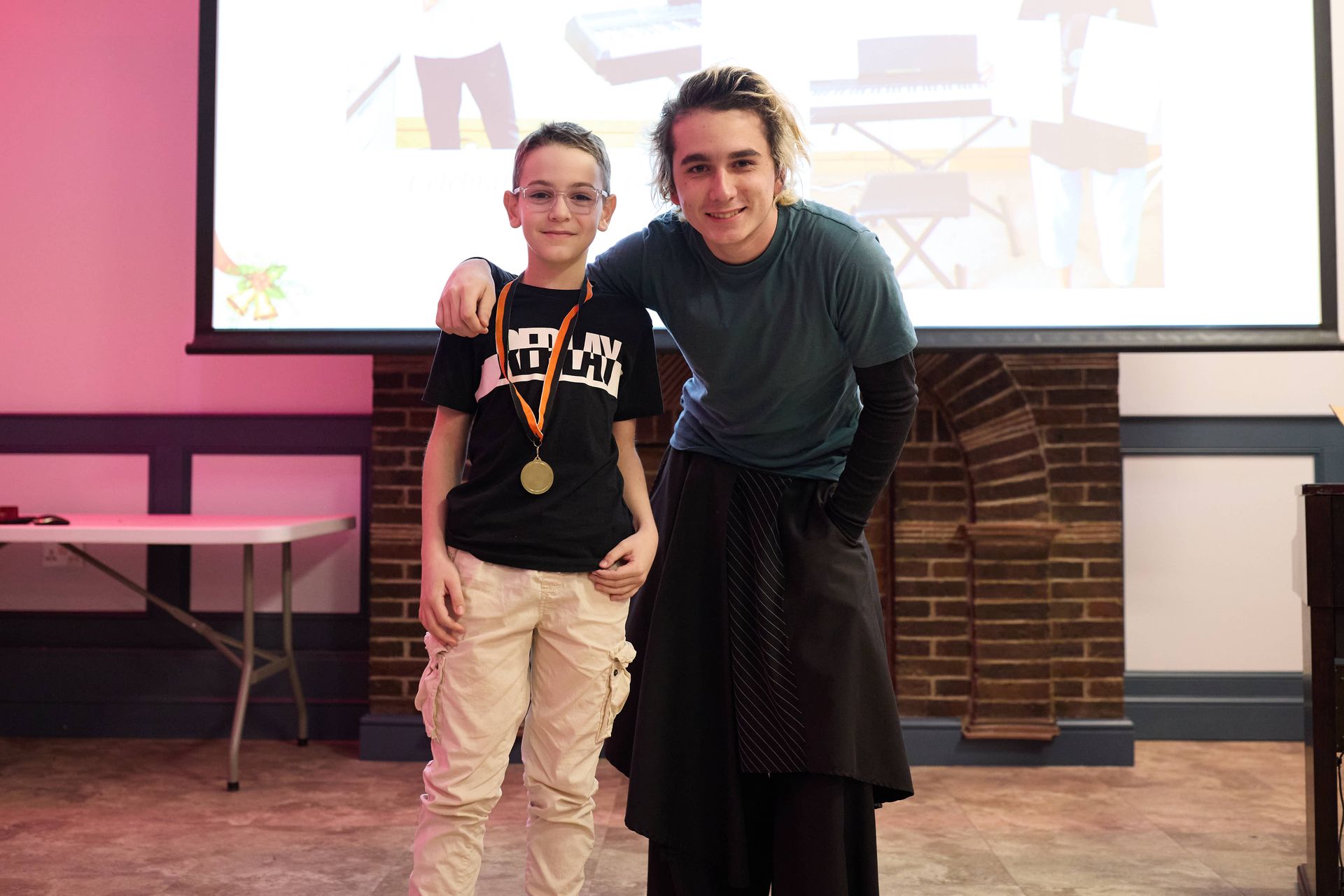How Do I Choose the Right Piano Teacher for my Child
When it comes to choosing the right piano teacher for your child, this can feel overwhelming. We are here to share some advice which can help. After all, this is one that can greatly impact their musical development and overall enjoyment of learning the instrument.
Firstly, it is important to consider the teacher's qualifications and experience. Look for a teacher who has a solid educational background in music and preferably holds a degree or certification in piano pedagogy. Additionally, inquire about their experience working with children of similar age and skill level as your child. A teacher with expertise in teaching young learners will have the necessary patience, enthusiasm, and teaching techniques to engage and motivate your child.
Secondly, consider the teaching style and approach of the piano teacher. Each teacher has their own unique way of imparting knowledge and fostering a love for music. It is essential to find a teacher whose teaching style aligns with your child's learning preferences. Some children thrive in a structured and disciplined environment, while others may prefer a more relaxed and creative approach. It is important to take the time to observe a prospective teacher's lessons or have a trial lesson to assess if their teaching style resonates well with your child's personality and learning style.
Lastly, communication and rapport are key factors in choosing the right piano teacher. A positive and nurturing learning environment can significantly influence your child's progress and enjoyment of piano lessons. Arrange a meeting with the potential teacher to discuss their teaching philosophy and goals for your child. Gauge their willingness to collaborate and adapt to your child's specific needs and aspirations. A good piano teacher should be open to feedback and maintain regular communication with both you and your child, providing progress updates and discussing any concerns or questions that may arise.
In conclusion, finding the right piano teacher for your child involves careful consideration of their qualifications, teaching style, and ability to foster a positive learning environment. By taking the time to research, observe lessons, and communicate with prospective teachers, you can make an informed decision that will set your child on a rewarding musical journey and lay a solid foundation for their piano education.
If you wish to know more about these hacks and resources, feel free to take a look around our website or connect with us directly!



